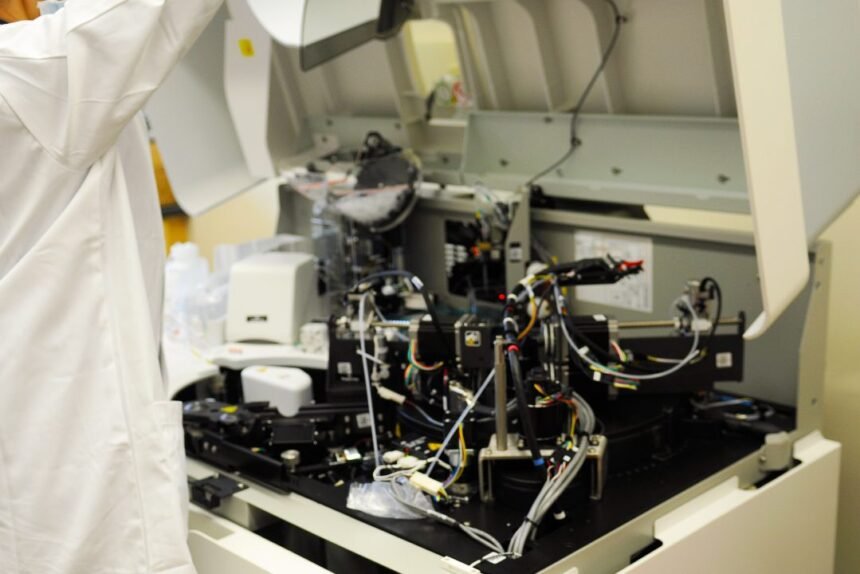MU starts a new data survey and COVID-19 antibody test research project to see how common the virus is on campus

COLUMBIA, Mo. (KMIZ)
The University of Missouri is collecting random students, staff and faculty survey data and voluntary blood samples for a multidisciplinary research project to see how common COVID-19 antibodies are within the MU community.
Researchers are trying to get a better understanding of how well the MU community is responding to risk mitigation strategies already in place as well as any possible trends that occur in the results.
This project will also provide researchers with information about individuals’ immune systems and how they responded to COVID-19 after they were exposed.
Enid Schatz, professor and chair of the Department of Public Health in the MU School of Health Professions explained the two-part project: a survey and analyses of blood drawn.
“We're asking questions about what people's behavior has been and what their perceptions of COVID-19 are,” Schatz said. “How dangerous they think it is for people in their age group, how well they think people in their age group are doing and responding, but also how they think the university is doing and the city and state are doing in terms of response.”
While the second part of the study takes the blood draw to test for COVID-19 antibodies.
Schatz said this will allow the university to know both the individual level and give those results to individuals whether they're antibody positive or negative and if they are antibody positive it means they likely have already had COVID in the past.
Schatz said researchers are trying to see if there are any connections between behaviors and antibody prevalence.
To make sure there is a random sample the university will recruit people by sending an email to participate in the project, but Schatz said officials are now working on adding an additional opportunity for those who are just interested in being part of a study.
Once the blood sample is drawn it is then sent to the lab of Mark Daniels, an associate professor in the school of medicine to be analyzed.
Schatz said the test will show whether or not the individual likely had COVID-19 in a previous time.
“The results that we're giving don't give any indication of when that was,” said Schatz. “It could have been two weeks ago, it could have been months ago, and we can't tell that from the information in just the blood draw. But that's essentially... what they're looking for, is there evidence that your body has tried to fight off SARS- two at some point in the past.”
“By looking at how an individual's immune system responds to the infection over time,” said John Middleton, a professor in the MU College of Veterinary Medicine. “We can gather a lot of data that will help inform us about how to protect people going forward.”
If a vaccine were to become widely available in the future, Middleton said this antibody project could inform researchers how long the immunity from a vaccine is expected to last or how often people should get vaccinated.
“The data collected from this research could help inform us of what type of immunity a vaccine will need to stimulate,” Middleton said. “Understanding the immune response to natural infection will help inform us whether vaccines are expected to be effective."
Middleton said even if there is no vaccine, social distancing, hand hygiene and face coverings continue to be effective strategies for reducing the spread of COVID-19.
Schatz added that individuals who choose to participate in the study will be notified if their antibody results are positive or negative, but that the university will only be made aware of the overall percentage of antibody prevalence and not who that individual is due to privacy reasons.
Schatz said MU started this project about two weeks ago and will continue throughout the Fall of 2020 with hopes of sharing results to possibly adjust any risk mitigation strategies the university has in place now, or add more.
Schatz said the central administration at MU is very interested in knowing what the level of a spread has been at MU, which she said the project should be able to kind of have some sense of from tracing the trends over time this fall. And, and what the behaviors have been, what people have been doing or not doing.
“There's a lot of things that are in both the survey and.. in the antibody study that can contribute to our understanding of, and the ways that social norms change over time,” said Schatz. “The ways that.. immune responses are… what do those look like... how are they different for this disease versus some other disease.”
According to a release, MU is collaborating with Siemens Healthineers, which provided funding and equipment for the study.
The release states that the project involves MU experts in public health, medicine, molecular immunology, veterinary medicine, sociology, psychology and health informatics.
